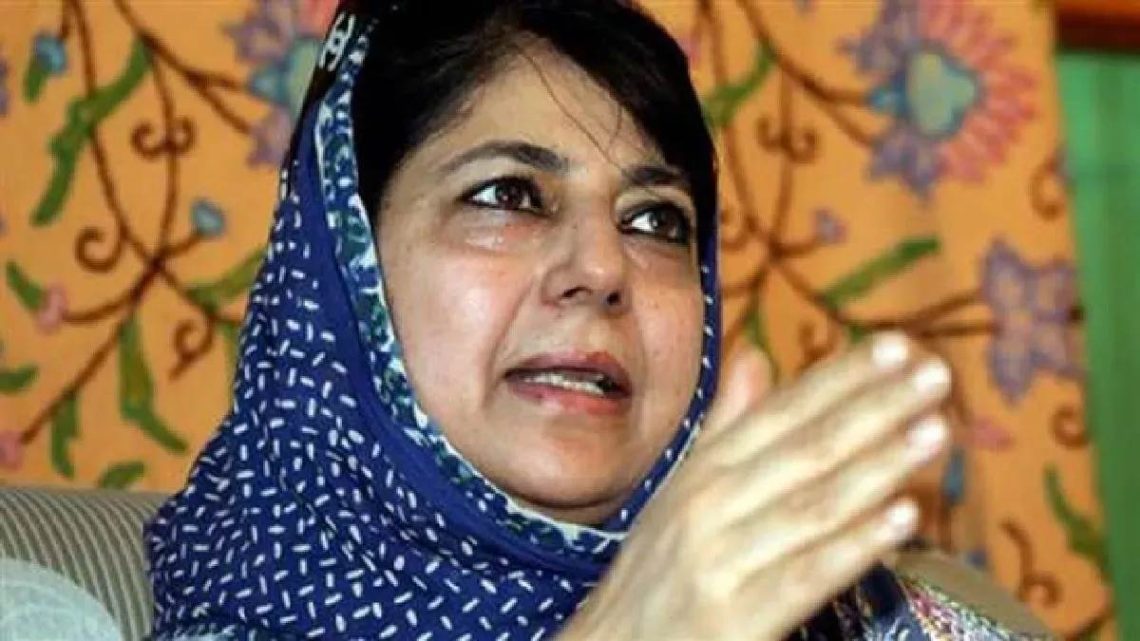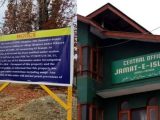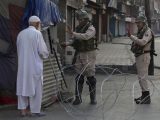
The Indian ED plays a role in India’s elections: Mehbooba Mufti
January 12, 2024The President of the Peoples Democratic Party (PDP), Mehbooba Mufti, has strongly condemned the summoning of political leaders by investigating agencies, asserting that the Enforcement Directorate (ED) has become entwined in the Indian government’s electoral maneuvers.
Expressing her concerns to reporters in Srinagar, Mufti contended that every time elections loom in the territory, the Indian government deploys a range of investigative bodies such as the Enforcement Directorate (ED), National Investigation Agency (NIA), and Central Bureau of Investigation (CBI) to summon political leaders. According to Mufti, this strategy is designed to harass political figures, creating an atmosphere of intimidation.
Mufti’s remarks come in the wake of the Enforcement Directorate summoning National Conference President Farooq Abdullah. The ED directed Abdullah to present himself at their office in Srinagar, a move met with reservations due to his compromised health conditions, preventing him from complying with the summons on the scheduled day.
The PDP President’s criticism implies a broader concern about the alleged misuse of investigative agencies during election periods, raising questions about the impartiality and independence of these institutions. Mufti suggests that the pattern of summoning political leaders during election times undermines the democratic process and contributes to a climate of fear and uncertainty.
It is essential to note that this isn’t the first time such allegations have been made against the Indian government’s use of investigative agencies. Critics argue that deploying bodies like the ED, NIA, and CBI for political purposes compromises the integrity of these institutions, diverting them from their intended roles of upholding law and order.
The summoning of Farooq Abdullah, a prominent political figure, adds weight to Mufti’s claims. The fact that Abdullah’s health conditions prevented him from appearing before the ED raises questions about the timing and necessity of such summons, especially during sensitive political periods.
This situation also brings attention to the broader issue of the relationship between politics and law enforcement. Mufti’s assertion that investigative agencies are being used as tools in the electoral process raises concerns about the blurred lines between the executive and investigative branches of the government.
In a nutshell, Mehbooba Mufti’s criticism of the summoning of political leaders by investigative agencies sheds light on a larger issue of potential misuse of these bodies for political gains. The ongoing debate surrounding the independence of investigative agencies and their role in democratic processes underscores the need for transparent and unbiased governance, ensuring the fair conduct of elections and upholding the principles of democracy.

